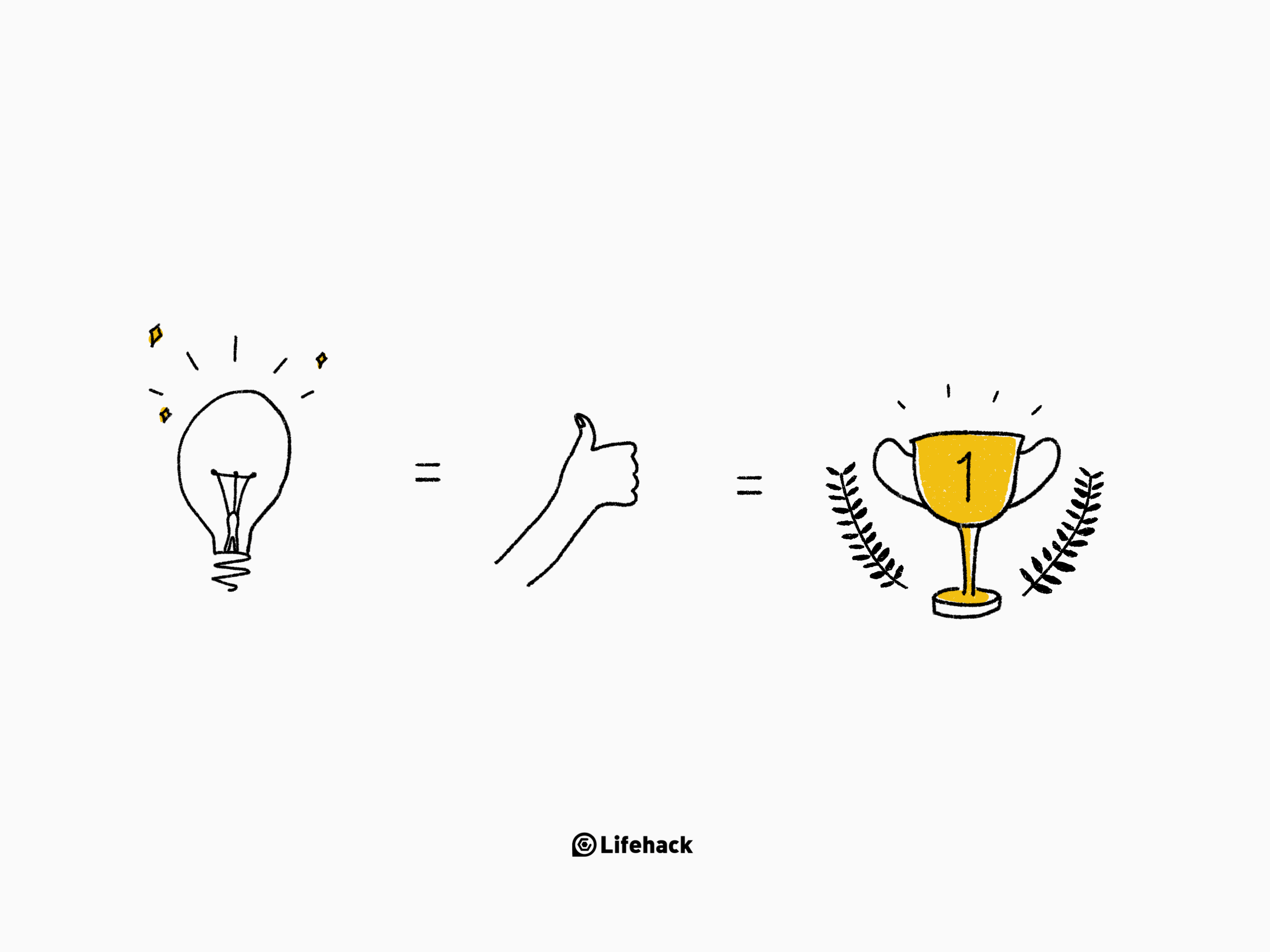It seemed like a great idea. If it could, it seemed to be a multi-billion dollar market. But it eventually died out. It never had the chance to become an Apple, Google, or Facebook. Lumos failed. Why? The founders were smart, driven guys. They were working 14-hour days for five-six months. How is this possible? They failed for many reasons including a lack of due diligence, not being the target users of their product, misunderstanding the market and cost structure, and more. But one of the biggest problem was that, the ideas weren’t really there. The product-market fit didn’t make sense. Neither did the cost structure. They had doubts but weren’t transparent about them. A sunk cost bias sunk in.[1] So yes, smart people can come up with bad ideas. And it happens rather consistently. The main issue is that we generally assume this formula to be true:
Smart = Always Right = Successful?
This formula creates a situation where it’s difficult to admit having made mistakes or having done something wrong. If we admit a wrong, we’re not smart enough and not successful. No one wants to feel that way. There is also a “sunk cost bias,” which means it’s difficult to let go of things you’ve invested in. This was actually a problem with Lumos. They couldn’t abandon some of their original ideas and suffered as a result. Success is easy to see and visually presents itself well: nice car, big house, good salary, flashy clothes, etc. But usually success is preceded by tons and tons of failure. James Dyson’s vacuum cleaners is a great example.
You see the success: his name is on the vacuum, and somewhat synonymous with the vacuum brand. What you don’t see is that it took him 5,126 attempts to finally get the vacuum right. You don’t see the 5,126 failures. What’s the formula we should use? Try this one:
Truly Smart = Right + Wrong = Successful
If you understand that failures are progress, and mistakes made can contribute to true success, you will be better off.
Prove Yourself Wrong
You think an idea is perfect? It’s not. Doubt yourself. It’s a way to show how much effort you’ve invested in yourself. Understand that failures are progress and that mistakes made will contribute to true success. No matter how much you’ve invested in something, you can still challenge it and grow it to something else.
Look Past Your Effort
You can defeat the sunk cost issue by looking at the effort you’ve put into something as options to review, not obligations.[3] For example, if you sink money into anything, view it as in-progress with the parts as options for future use. Don’t necessarily think that you have to go down the original route you were planning. Remember: Twitter was initially designed to be a platform for podcasting. The founders didn’t stick with that, and elements of Twitter (Arab Spring, etc.) have legitimately changed the world. Don’t be beholden to your first idea.
Admit Being Dumb Is the New Smart
Smart people are never satisfied with what they know. They want to get out and learn more and experience more. Less-intelligent people learn a little bit and think they’re set. They don’t grow. That’s the essential part. Life, and acquiring knowledge, is about growing. That means failing and missing on ideas. That’s the crucial element. Without that, it’s very hard to know whether an idea is truly good or “vetted.” Lean into the skid, embrace failure, and see the effort you’ve sunk in as a future option, not a definitive obligation. Your process of arriving at the truly smart idea will only become more refined.


